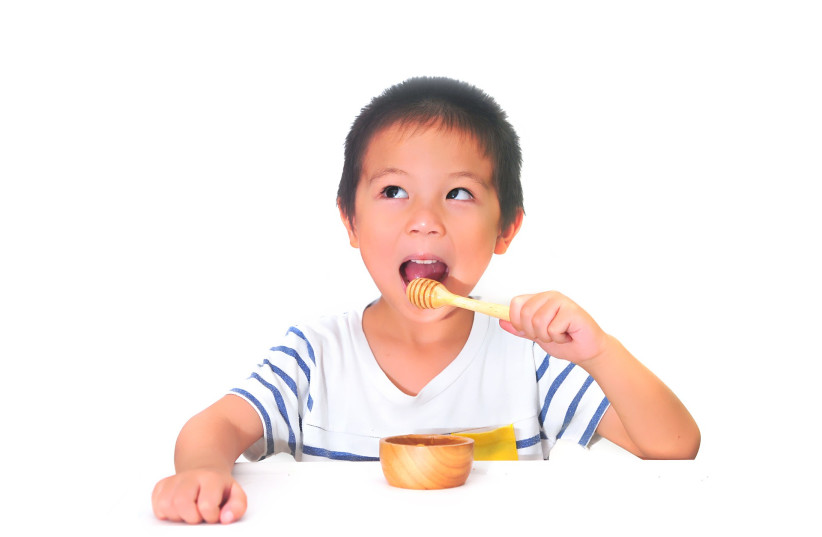Have you noticed your child eating too fast or too much? Are they not paying enough attention to their body?
A recent study conducted by the University of Buffalo has found that impulsive children tend to eat faster than their more introverted peers, and can have a higher chance of becoming obese. The researchers found that impulsive children are also more likely to have an urge to eat when food is in front of them.
While many of us have adopted poor diet and exercise habits during the pandemic, including children, it’s important to understand what may physically and mentally be detrimental to their health. Unbalanced eating habits are only a part of the picture.
"Temperament has been linked to many developmental and behavioral outcomes in children, yet despite the evolving evidence, few studies have examined its association with childhood obesity," said Robert Berkowitz, professor emeritus at the University of Pennsylvania, Senior Medical Director of the Center for Weight and Eating Disorders and a psychiatrist at The Children's Hospital of Philadelphia.
The research team, whose findings were published in the journal Pediatric Obesity observed 28 children from a family intervention program that encourages healthy eating behaviors for children aged four to eight who are at a high risk for obesity.

Researchers examined various topics, such as the child's feeling of satiety from the meal, their reactions to the food, whether smell or taste, and how quickly they ate the food served.
The child's personality, self-control, impulsivity and ability to manage negative emotions were taken into account. The results showed that children who felt full had more self-control that helped them eat the right amounts. Children who ate more slowly were also less likely to be extroverted or impulsive, the findings showed.
Calming a child with food
""Parents may use food to calm children with temperament and alleviate negative emotions," said Alyssa Baton, one of the editors of the study.
“Further research is needed to test the different ways in which parents feed their children in response to their temperament,” she added, “and investigate if the relationship between temperament and eating behaviors is a two-way street. Can the habit of eating slower, over time, lead to lower impulsivity?”
How to eat slower
If you want to change you and your child's eating habits, and adopt a slower and healthier eating pace, here is what you need to do:
- Avoid eating in front of screens (computer, mobile phone, TV, etc.);
- Try placing the fork on a plate between bites;
- Drink water;
- Try to chew each bite a few more times beyond what you’re used to;
- Take smaller bites and eat foods rich in dietary fiber which usually requires more vigorous chewing.
